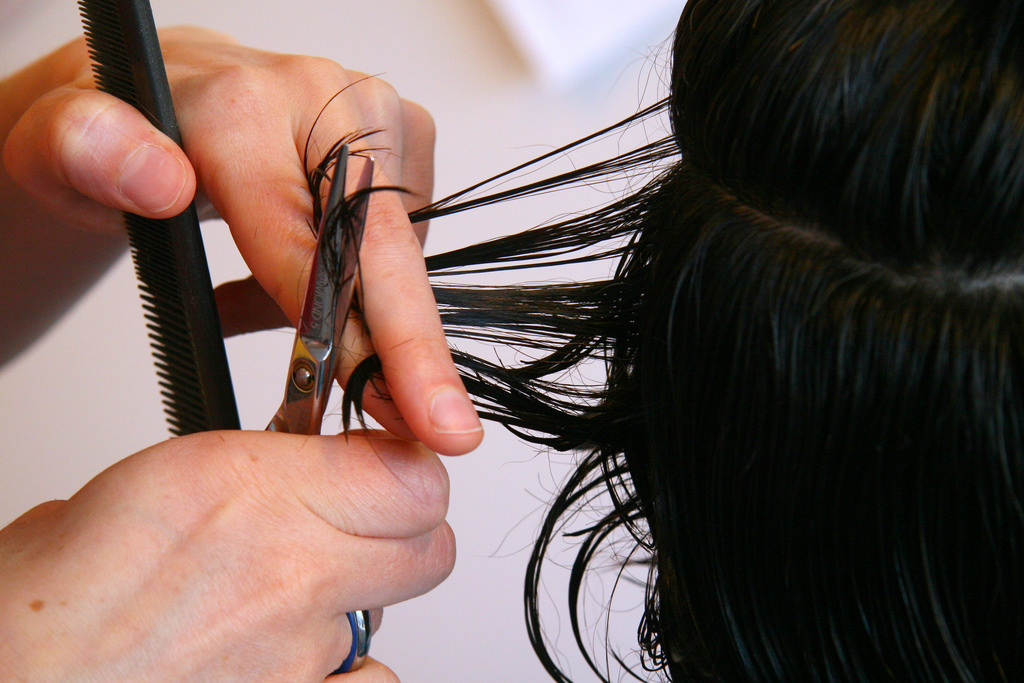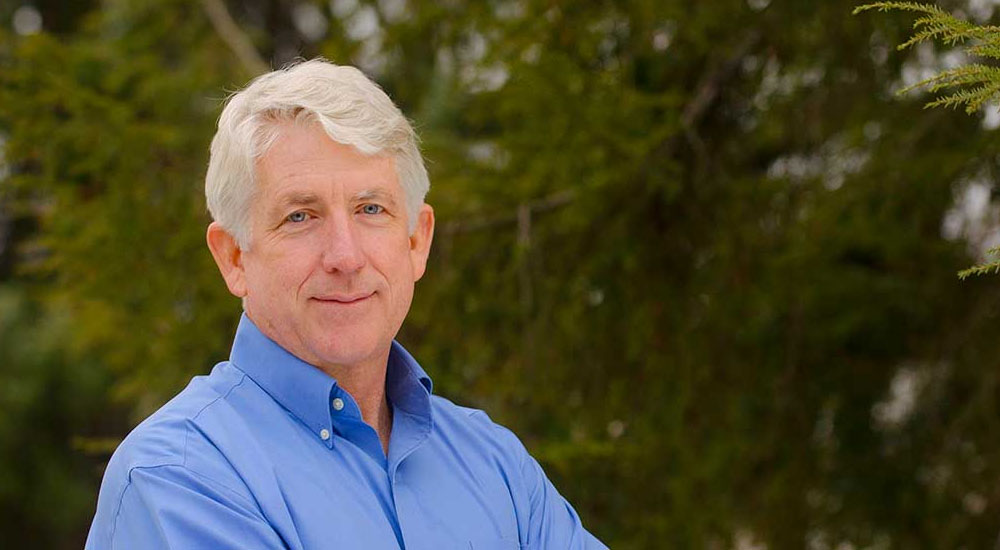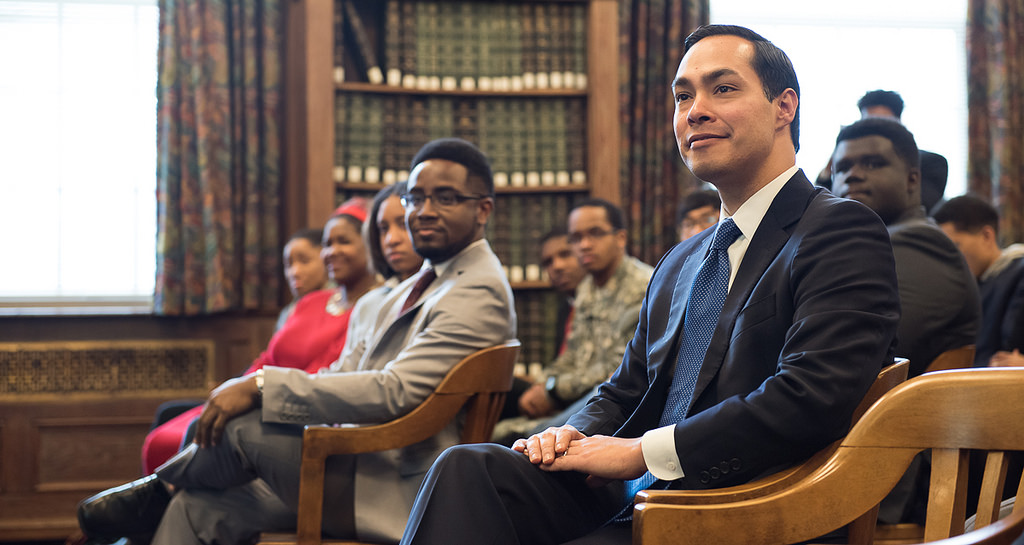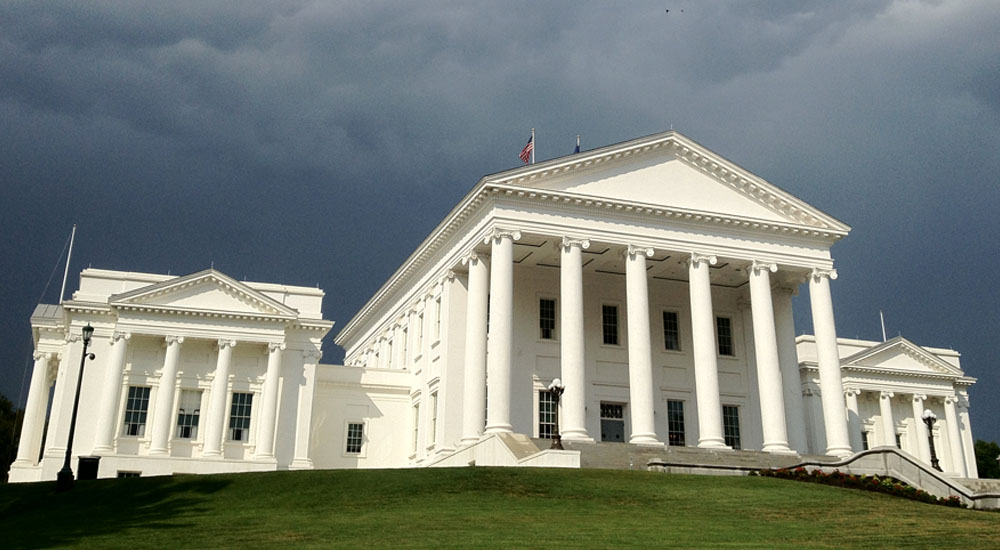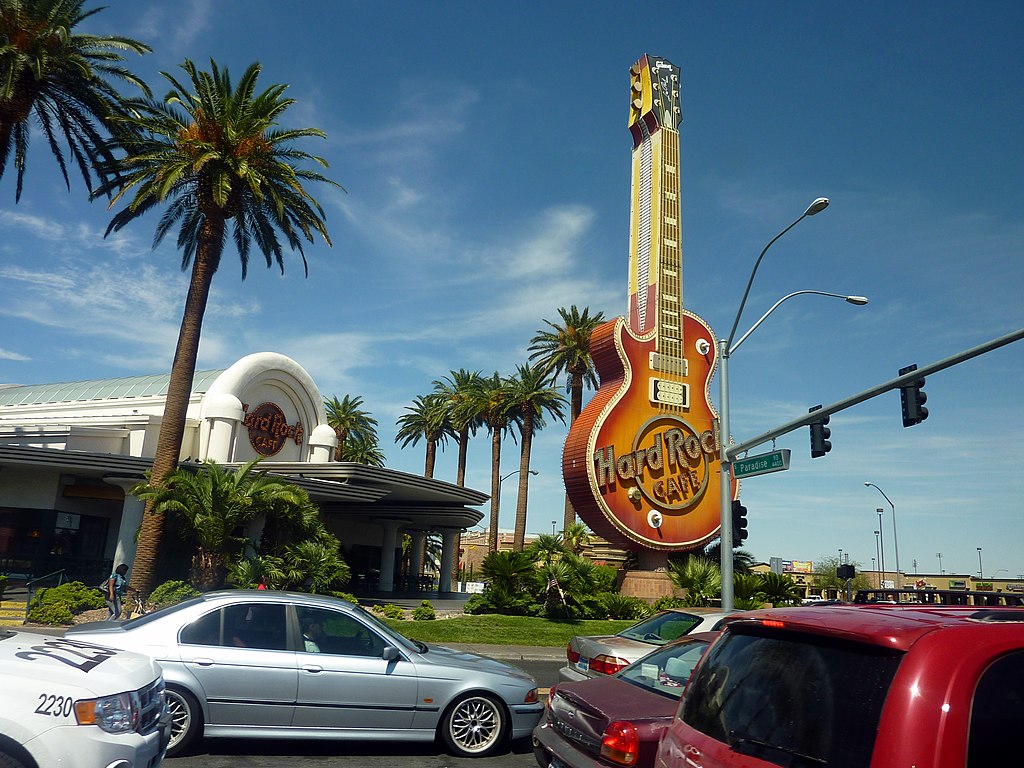In an official announcement from Governor Youngkin, the board in control of cosmetology licenses in Virginia has voted to make it easier to obtain these licenses for Virginians with less government interference.
The Virginia Board for Barbers and Cosmetology, a regulatory board under the Department of Professional and Occupational Regulation (DPOR), at its most recent meeting on July 11, 2022, voted to reduce the number of hours required to obtain a cosmetology license by 33%, from 1,500 to 1,000. The board assembled a panel of advisors representing businesses, public schools, private career and technical schools, and subject matter expertise in infection control to conduct a comprehensive review of the education and training Virginia mandates to obtain a cosmetologist license.
“Reducing regulatory obstacles that get in the way of both businesses and talented Virginians from entering the workforce has been a priority of mine since day one. Not only will this allow individuals to get to work sooner and help businesses find skilled workers, but it even reduces the amount of student loans a graduate will have to take on,” said Governor Glenn Youngkin.
On average, the education required for cosmetology licensure costs more than $16,000 and takes nearly a year to complete. Virginia’s 1,500-hour training requirement was put in place in 1963. The change to 1,000 hours will undergo several regulatory steps which will include public comment, before becoming final. While the overall hours are being reduced, greater focus within the training program is placed on topics related to public protection—particularly infection control and chemical safety.
“We’re taking a hard look at the requirements to get and keep a license. The right to earn a living without unnecessary government obstruction is a fundamental right. This is just the first step in reforming occupational licensing in Virginia and ensuring the government works for all citizens of the Commonwealth,” said Governor Youngkin.
“We are ensuring our licensing requirements are focused on protecting the public and provide opportunities for out-of-state skilled workers such as military spouses or dislocated workers, to get licensed in Virginia. These measures are common-sense solutions to strengthen our economy.”
DPOR is an executive branch agency under the Secretary of Labor, overseeing 18 regulatory boards comprised of practitioners and citizens appointed by the governor. Policy boards determine the minimum standards necessary to enter a profession and the standards of conduct for licensees. Governor Youngkin signed Executive Directive One on his first day in office, directing agencies to reduce regulatory burdens by at least 25%.
Youngkin and the DPOR’s decision to remove the bureaucratic barriers in the way of regular Virginian’s to allow them to have the economic freedom to pursue the careers of their choice.

